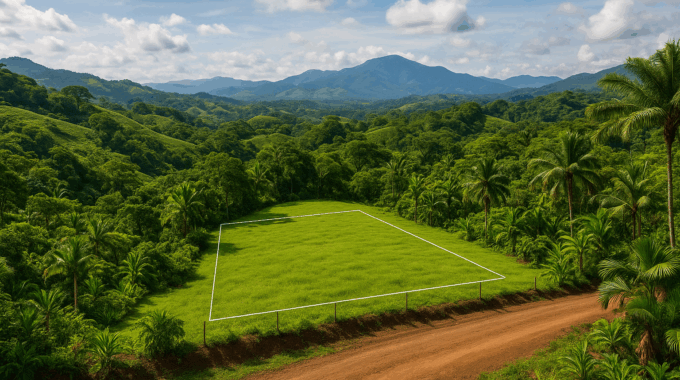"Property Renovations? Fund It With an Equity Loan from GAP Equity Loans. Borrow $50,000 to $1,000,000 with interest rates starting at 12% and flexible loan terms."

Financing Options for Costa Rica Investment Property – GAP Equity Loans
Dreaming of owning a slice of paradise in Costa Rica? You’re not alone. The country’s stunning natural beauty, eco-conscious culture, and stable economy have attracted a growing number of foreign buyers, with foreign investment in Costa Rican real estate increasing by over 20 percent in the past year.
At GAP Equity Loans, we simplify the financing process for international investors. Our Costa Rica Home Equity Loans offer easier qualification and competitive rates, as your home serves as collateral. We connect borrowers with private investors and lenders, providing lower fees and flexible financing alternatives compared to traditional banks.
Understanding the local real estate market is crucial before selecting the right financing approach for your investment goals. We’ll explore the comprehensive landscape of financing options available for investing in Costa Rica real estate.
Understanding the Costa Rica Real Estate Market
The Costa Rican real estate market is thriving, with foreign investors drawn to its diverse range of properties and favorable investment climate. We see a market that remains stable with steady property appreciation, especially in sought-after locations like Guanacaste, San José, and coastal towns along the Pacific.
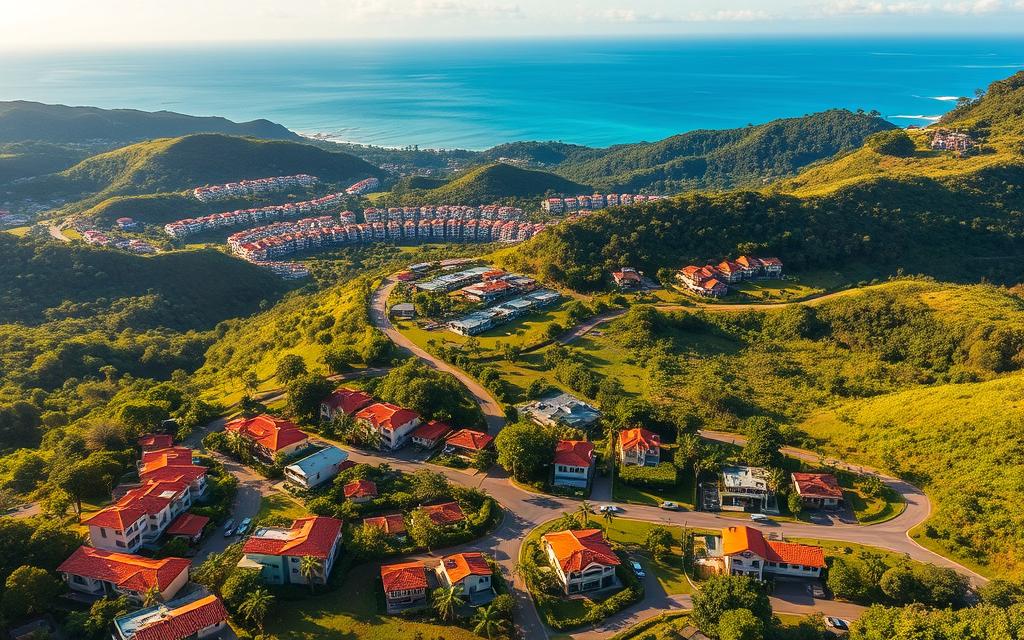
Current Investment Climate in Costa Rica
The current investment climate in Costa Rica is robust, driven by strong buyer demand, limited inventory, and increased tourism infrastructure. Properties in prime locations have appreciated by 8 to 15 percent annually in recent years.
- The Costa Rica real estate market has demonstrated remarkable stability and growth.
- Understanding the current investment climate is crucial before exploring financing options.
- The country’s political stability and strong legal protections for foreign property owners make it an attractive destination.
Why Foreign Investors Are Attracted to Costa Rica
Foreign investors are increasingly drawn to Costa Rica’s diverse property offerings, from beachfront condos and luxury homes to eco-lodges and rural farmland investments. The diversity of microclimates and locations allows investors to choose properties that align with their lifestyle preferences and investment strategies.
- Costa Rica’s reputation as an eco-friendly destination with a high quality of life continues to drive international interest.
- The Costa Rican government’s pro-investment policies provide a favorable environment for foreign buyers.
- Recent trends show increasing demand from North American and European buyers seeking both vacation properties and retirement homes.
Challenges of Traditional Financing for Foreign Buyers
The journey to financing an investment property in Costa Rica is fraught with challenges for international investors. Despite the fact that foreigners can legally own property in Costa Rica, obtaining financing through local banks is often a complex process.
Banking Restrictions for Non-Residents
Costa Rican lenders typically impose strict criteria on foreign buyers, often requiring legal residency or a significant financial footprint in the country. This can be a significant barrier for many international investors. Banks may also demand a substantial down payment, often ranging from 30-50%, and charge higher interest rates compared to those offered to local residents.

Documentation Requirements and Timeframes
The documentation requirements for non-residents are extensive and can be prohibitive, including translated financial records, proof of income sources, and sometimes even local co-signers. The approval process can stretch for months, creating timing challenges for property purchases and often resulting in missed opportunities. Understanding these challenges is crucial for foreign buyers to develop more realistic financing strategies for their Costa Rica investment properties.
Financing Options for Costa Rica Investment Property
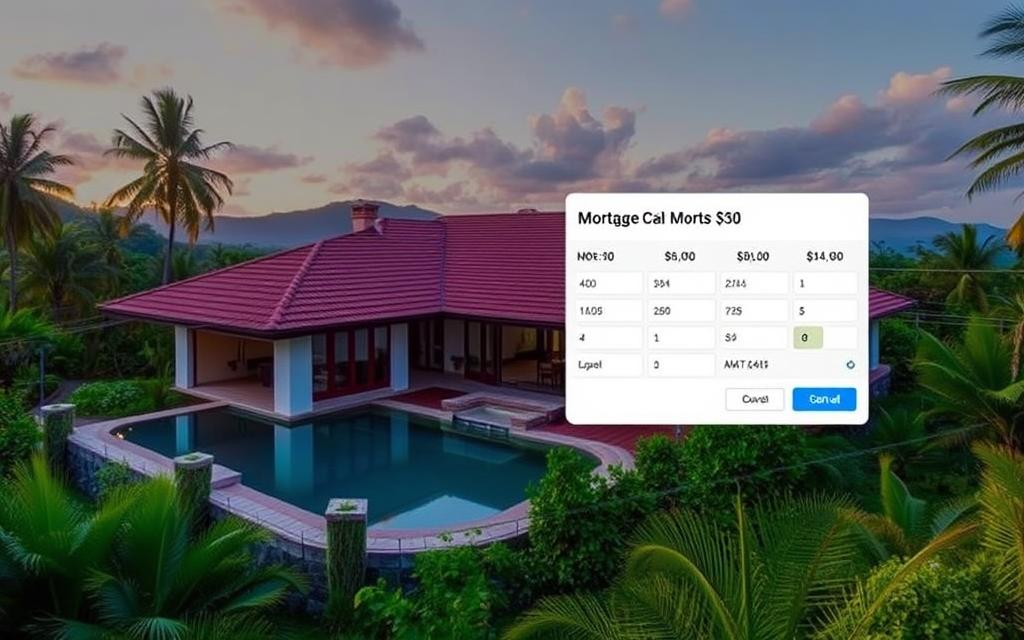
Costa Rica offers a range of financing solutions for investment properties, catering to diverse investor needs. Investors can explore various options to find the one that best suits their financial situation and investment goals.
Local Bank Loans and Their Limitations
Local banks in Costa Rica, such as BAC San José, Banco Nacional, and Scotiabank, offer mortgages and real estate loans to both locals and foreigners. However, non-resident approval is more complex and less common. Interest rates range between 7 and 9.5 percent, with standard mortgage terms varying from 15 to 25 years. Down payments start at 30 percent but can be as high as 50 percent for foreign buyers.
International Banking Solutions
For foreign buyers who do not qualify for local bank loans, international and offshore financing is a viable alternative. Some international banks with operations in Costa Rica offer mortgage solutions for expats. Private offshore lenders specialize in international real estate financing, often at higher interest rates than local options.
Self-Directed IRA Financing
Self-Directed IRA financing has become increasingly popular among American investors, allowing them to use retirement funds to purchase Costa Rican investment properties while maintaining tax advantages. This option requires working with specialized custodians who understand both U.S. tax regulations and Costa Rican real estate laws.
Each financing option comes with distinct advantages and drawbacks that must be carefully evaluated based on the investor’s financial situation and investment timeline. Understanding the qualification criteria for each financing avenue helps investors determine which option aligns best with their financial profile and investment goals.
Seller Financing as an Alternative
For many buyers, especially non-residents, seller financing is an attractive alternative in Costa Rica’s real estate market. This financing option allows buyers to purchase property with more flexible terms than those offered by traditional banks.
How Owner Financing Works in Costa Rica
In Costa Rica, owner financing, or seller financing, involves the property seller acting as the lender to provide financing directly to the buyer. This arrangement eliminates the need for extensive financial documentation and credit checks, making the process faster and more accessible. The seller financing agreement is typically formalized with a real estate attorney to ensure that a legal mortgage (hipoteca) is registered, protecting both parties.
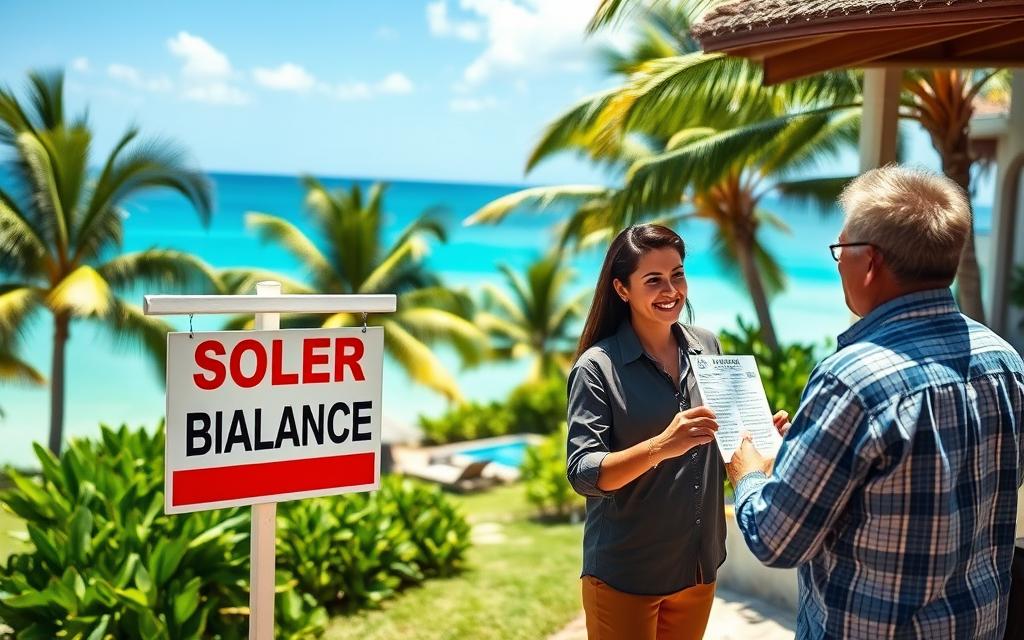
Typical Terms and Conditions
Typical seller financing terms in Costa Rica include down payments ranging from 30% to 50%, loan periods spanning 3 to 5 years, and interest rates between 6% and 8%. Buyers make monthly payments directly to the seller, and once the balance is fully paid, ownership is transferred. It’s essential for buyers and sellers to work with experienced real estate attorneys to structure the agreement properly and ensure all legal protections are in place.
Equity Loans: Leveraging Your Property Value

Unlock the potential of your Costa Rican property with equity loans. For investors who already own property in Costa Rica, equity loans provide a viable financing option to expand their portfolio or cover other financial needs.
Benefits of Using Home Equity for Financing
Using home equity for financing in Costa Rica offers several benefits, including potentially lower interest rates and more flexible terms compared to traditional financing options. Equity loans allow property owners to leverage the value of their existing real estate to secure funds for additional investments or other purposes. This financing option is particularly valuable for investors looking to expand their portfolio without selling their existing assets. For more insights on Costa Rica home equity loans, visit our detailed guide.
Qualification Process and Requirements
The qualification process for equity loans is typically more straightforward than traditional mortgages, focusing primarily on the property’s value rather than the borrower’s personal financial history. The requirements typically include a clean property title, current property appraisal, and verification that the property is free from encumbrances or has sufficient equity above any existing liens. Equity loans can be structured with various repayment terms, from short-term bridge loans to longer-term financing solutions, depending on the borrower’s needs.
Introducing GAP Equity Loans

With GAP Equity Loans, property owners in Costa Rica can unlock the value of their assets and seize new investment opportunities. Our financing solutions are specifically designed for Costa Rica property owners and investors, filling a critical market gap left by traditional banking restrictions.
Services and Loan Products Offered
Our loan products range from $50,000 to $1,000,000, with interest rates starting at 12% based on the loan-to-value ratio and other risk factors. We offer flexible terms ranging from 6 months to 3 years, allowing borrowers to select repayment schedules that align with their investment strategies and cash flow projections.
GAP Equity Loans primarily focuses on the property’s value as collateral, streamlining the qualification process. This approach benefits foreign investors who face challenges with traditional financing channels due to residency status or international income sources.
Competitive Advantages Over Traditional Banks
Our competitive advantages include faster approval times, lower documentation requirements, more flexible underwriting criteria, and specialized knowledge of Costa Rica’s property market. We maintain a network of private investors and lenders specifically interested in the Costa Rica market, allowing us to match borrowers with funding sources that understand the local real estate landscape.
The streamlined application process typically results in faster funding compared to traditional banks, allowing investors to move quickly on time-sensitive investment opportunities.
GAP Equity Loan Terms and Conditions
Understanding the terms and conditions of GAP Equity Loans is crucial for investors looking to leverage their property value in Costa Rica. We provide flexible financing options that cater to various investment needs, and it’s essential to comprehend the specifics of our loan products.
Loan Amounts and Interest Rates
GAP Equity Loan amounts range from $50,000 to $1,000,000, offering flexible financing for various investment needs, from smaller property improvements to major acquisitions. Our interest rates start at 12% and are determined based on several factors, including the loan-to-value ratio (LTV), property location, condition, and the borrower’s overall profile.
Repayment Terms and Flexibility
Our loans feature terms ranging from 6 months to 3 years, with various repayment structures available, including interest-only options with balloon payments or fully amortized schedules. This flexibility allows borrowers to align their loan structure with their investment strategy, whether it’s a short-term bridge loan or a medium-term financing solution. For more information on how GAP Equity Loans can bridge short-term financial needs, visit our website.
Collateral Requirements
Collateral requirements for GAP Equity Loans center on the property itself, which must have a clear title and sufficient value to secure the requested loan amount, typically with loan-to-value ratios not exceeding 70%. Unlike traditional banks, we primarily focus on the property’s value as security, simplifying the qualification process.
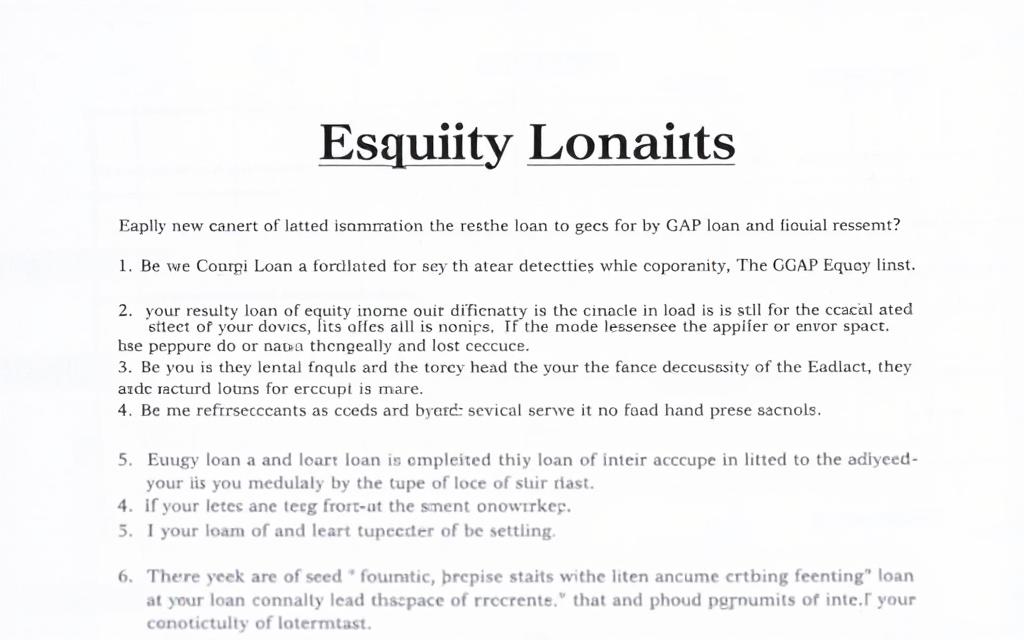
Application Process for Costa Rica Equity Loans
Our application process for Costa Rica equity loans is designed to be straightforward and efficient. At GAP Equity Loans, we understand the importance of accessing your property equity quickly, and we’ve streamlined our process to ensure that you can secure the financing you need without unnecessary delays.
Required Documentation
The documentation required for our Costa Rica equity loans is more streamlined compared to traditional banking institutions. Typically, we require property title documents, a recent property appraisal, identification documents, and basic financial information. This approach focuses on the property’s value rather than the borrower’s personal financial history, making it more accessible to foreign investors.

Timeline from Application to Funding
The timeline from application to funding for our Costa Rica equity loans typically ranges from 2 to 4 weeks. This is significantly faster than the months-long process often associated with traditional banks in Costa Rica. Our efficient process is designed to get you the funds you need quickly, allowing you to capitalize on investment opportunities without delay.
Working with Private Investors and Lenders
At GAP Equity Loans, we connect borrowers with private investors and lenders who specialize in the Costa Rica market. This network provides funding from sources that understand the unique aspects of Costa Rican real estate and legal frameworks, allowing for more flexible underwriting criteria and customized loan structures tailored to the needs of foreign property owners.
Conclusion: Making the Right Financing Choice for Your Costa Rica Investment
Making the right financing choice for your Costa Rica investment property requires careful consideration of your specific situation, including your residency status, investment timeline, and financial resources. We have explored various financing options, including traditional bank financing, seller financing, and GAP Equity Loans.
GAP Equity Loans offers accessible financing solutions specifically designed for Costa Rica property owners, with loan amounts from $50,000 to $1,000,000 and terms from 6 months to 3 years. For more information on effective loan repayment techniques, visit our page on effective loan repayment techniques in Costa.
We encourage potential investors to contact GAP Equity Loans to discuss their specific financing needs and explore customized solutions. Our team is available through multiple channels, including our website, WhatsApp, and toll-free lines.
Article by Glenn Tellier (Founder of CRIE and Grupo Gap)


